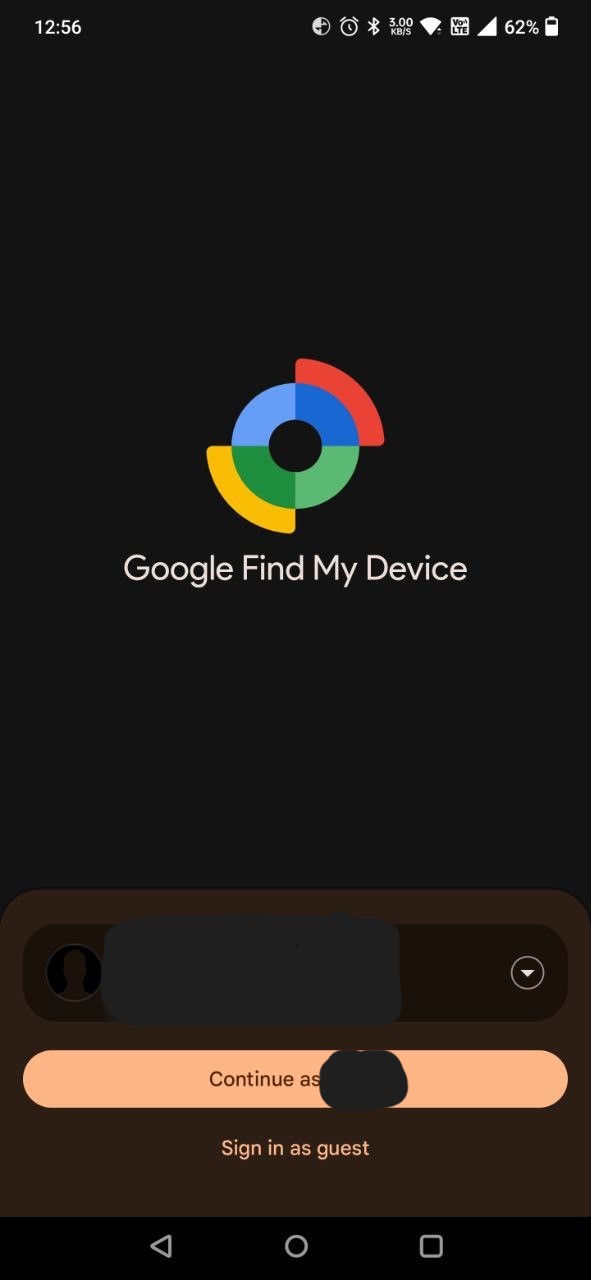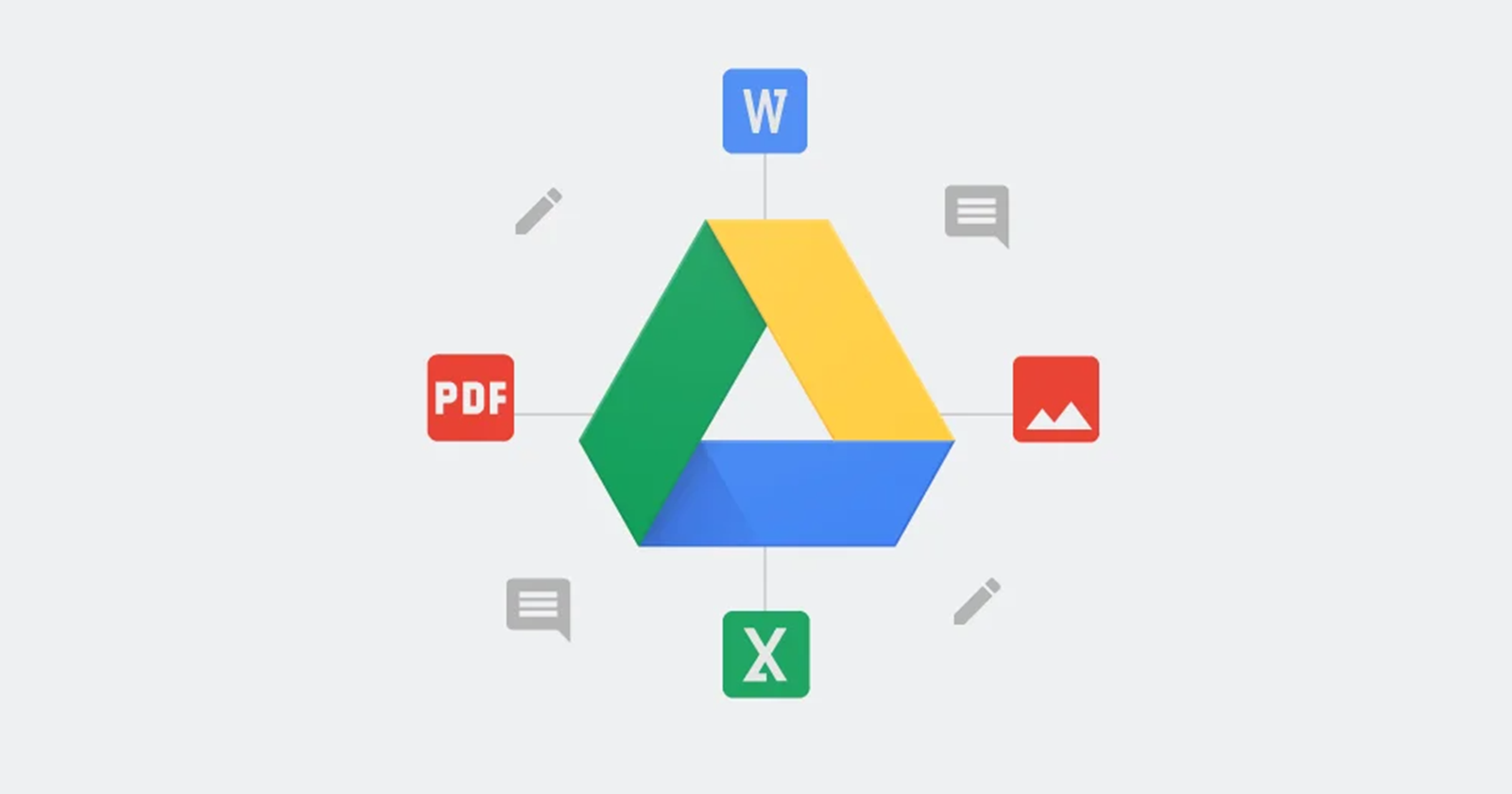For Android users like me, a misplaced phone often translates to a sinking feeling in the pit of my stomach. Unlike Apple, locating a lost Android device when it’s powered off has traditionally proven to be a challenge. This is because deactivated Android devices typically have Bluetooth controllers that are no longer receiving power. Consequently, they are unable to broadcast beacons, rendering them invisible to the Find My Device network comprised of other nearby Android devices.
To bridge this gap and offer improved tracking capabilities, Google started developing a ‘Powered Off Finding’ feature. This solution centers around precomputed Bluetooth beacons stored directly within the memory of the Bluetooth controller itself. By doing so, even when a device is switched off, it can continue emitting these beacons, allowing nearby Android devices to detect its location.
What is required for ‘Find My Device’ implementation on Google phones?
There are specific hardware requirements that must be met. The device needs built-in support for powering the Bluetooth controller even when the main system is shut down. Additionally, device manufacturers must undertake some essential engineering tasks.
One crucial step involves enabling the Bluetooth Finder Hardware Abstraction Layer (HAL). This layer facilitates communication between the Android operating system and the Bluetooth controller, enabling the OS to activate Powered Off Finding mode and transmit the aforementioned precomputed Bluetooth beacons.
Furthermore, devices must be updated to the forthcoming Android 15 release. This iteration of Android marks the debut of the ‘Powered Off Finding’ system APIs by Google. Notably, while these system APIs reside within the Project Mainline module known as ‘Tethering,’ their utilization is restricted to devices operating on Android ‘Vanilla Ice Cream,’ the internal code name for Android 15.
Will the ‘Find My Device’ feature be available on the Google Pixel 8 series?
Fortunately, it appears that the Pixel 8 and Pixel 8 Pro will support offline ‘Find My Device’ feature, but not the older Pixel models like the Pixel Fold, Pixel 7 Pro, or Pixel 6a. The exclusion of the Pixel Fold from yet another feature is undeniably disappointing, and hopefully Google rectifies this situation before launch.



